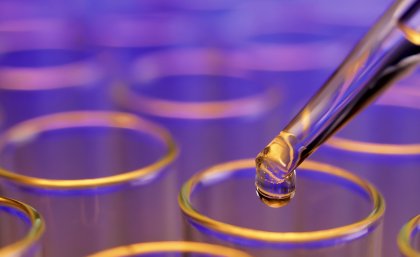
A clinical-stage biotechnology company established by The University of Queensland and Emory University (Atlanta, USA) to develop novel cancer supportive care and anticancer therapies has raised US$16 million in series A investment.
The investment from the Brandon Capital-managed Medical Research Commercialisation Fund (MRCF) and Uniseed will enable the company, called QUE Oncology Inc. (QUE) to further develop its leading drug candidate Q-122 and progress its preclinical pipeline.
Q-122 is a new non-hormonal therapy for the treatment of hot flashes in women undergoing endocrine therapy for breast cancers.
QUE was founded in 2013 in a collaboration between UQ’s main commercialisation company, UniQuest, and Emory University around intellectual property licensed from UQ and Emory University, with both parties providing seed investment and support.
UQ Vice-Chancellor and President Professor Peter Høj said QUE’s success was built on the strong relationship between the two universities.
“UQ and Emory share many research synergies, particularly in the development of treatments for cancer, and we are proud that we have been able to work together to facilitate this landmark investment,” Professor Høj said.
“It is wonderful to see QUE achieve this significant investment – a fantastic outcome from our international research collaboration that promises to create real change in our world.”
UniQuest chief executive officer Dr Dean Moss said the series A investment was a significant endorsement of the prospects of the company and its programs.
“QUE recently completed a successful phase 1b clinical trial of Q-122 where, in some cases, participants reported a 100 per cent reduction in hot flash incidents,” Dr Moss said.
“This investment will support the company as it continues to navigate the clinical trial and regulatory processes required to bring this life-changing treatment to the market.
“It could make a real difference to many women around the world.”
QUE is also progressing three preclinical projects licensed from UQ researchers Professor Maree Smith, Dr Trent Woodruff, Professor Greg Monteith and Professor Sarah Roberts-Thomson, and collaborator Professor William Denny from the University of Auckland, in the areas of breast cancer, melanoma and cancer pain.
Media: UniQuest, Danielle Koopman, d.koopman@uniquest.com.au, +614 09 767 199.
.jpg)


